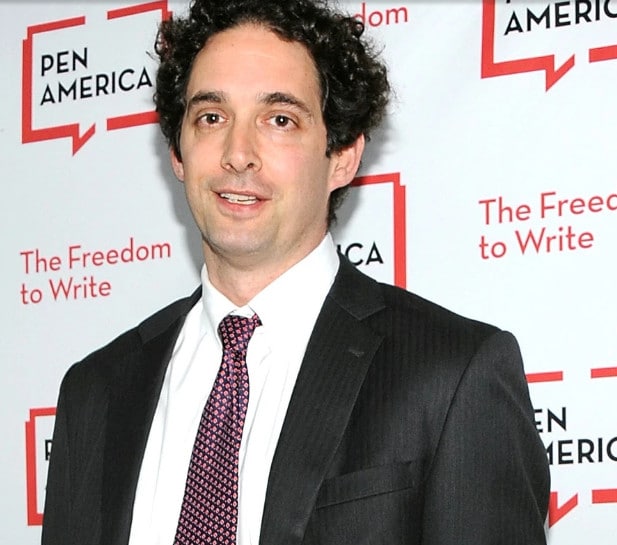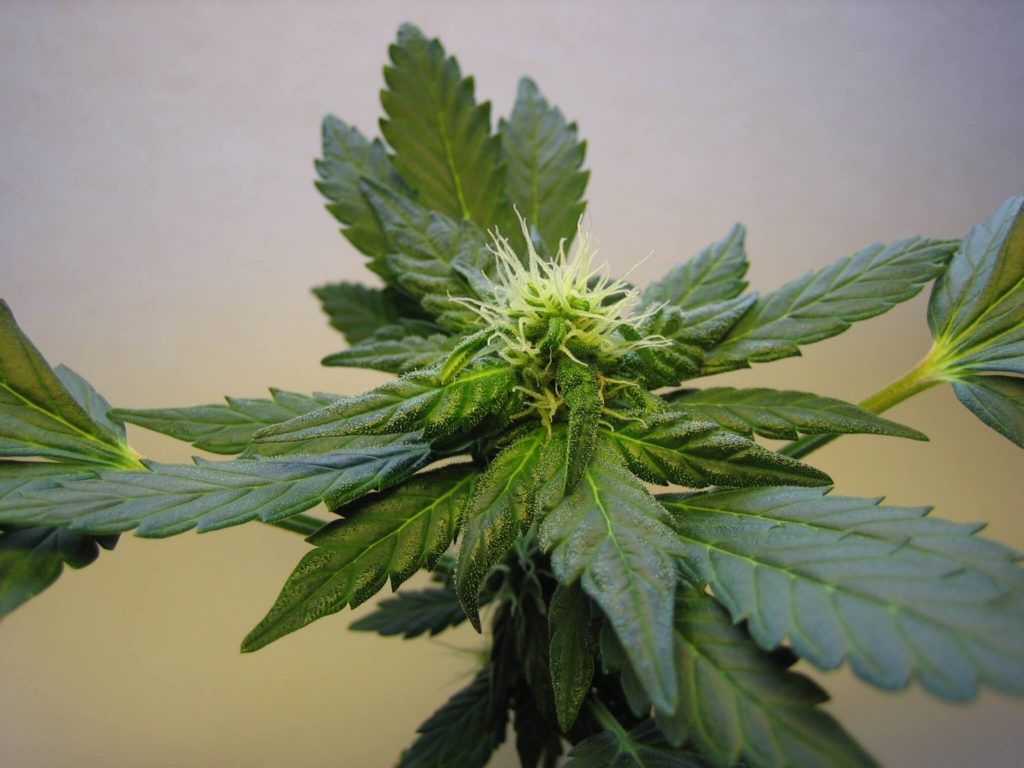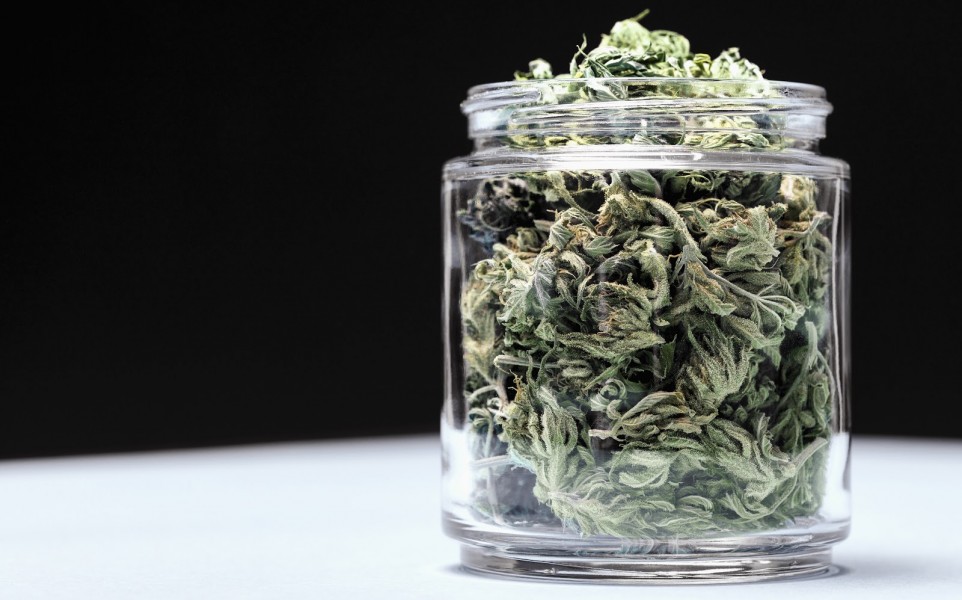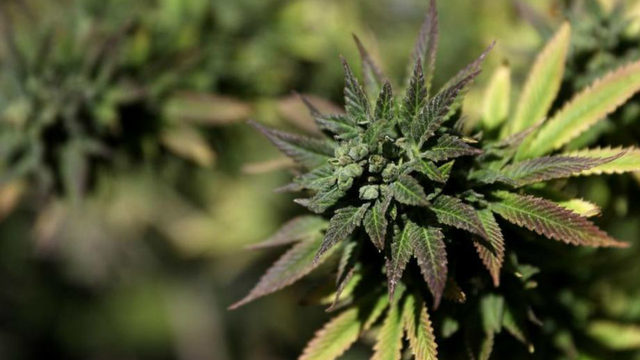In the past week, there’s been a flurry of media coverage around a new book called Tell Your Children: The Truth About Marijuana, Mental Illness, and Violence. One of the main points is that legalization is a terrible idea, because legal pot is already causing more people to become schizophrenic and psychotic, and people who are schizophrenic and psychotic are more likely to commit violent crimes. Alex Berenson, the book’s author — a former journalist who spent the past decade or so writing mysteries and thriller novels — landed plum op-eds in The New York Times and The Wall Street Journal. He appeared on Fox and Friends and Tucker Carlson Tonight. And the pop-psych theorist Malcolm Gladwell wrote an entire New Yorker article repeating and promoting the book’s thesis.
And yet, this theory is deeply flawed. After five years of extensive reporting on the cannabisindustry, it seems pretty clear that weed itself isn’t that dangerous — sure, it can be abused like any drug, but it’s weed’s illegality, especially the illegality of the supply chain, that poses a far greater public safety threat. So hearing Berenson promote these distorted, dog-whistle conclusions, it left me with one question: is he trolling us? Does he genuinely believe that the full legalization of marijuana is going to cause a significant rise in murders, assaults and mental illness — or is he just assuming a contrarian position to scare people into buying his book?
At this point, several experts have publicly debunked the book’s claims — much of which seems to be based on the common fallacy of mistaking correlation for causation. Mark A. R. Kleiman, a prominent economist who has consistently voiced concern about the negative effects of legal cannabis sales, pointed out that since the early 1990s, as pot usage in America has dramatically increased, violent crime has significantly decreased. One of the experts that Gladwell quotes as warning Canadian parliament on the uncertainties around cannabis, RAND Drug Policy Research Center co-director Beau Kilmer, tweeted in response to Berenson a rather comprehensive study showing, “Marijuana use does not induce violent crime.” Another researcher pointed out that Berenson’s contention that legalization leads to violence, based on limited data from Washington and Colorado, is akin to saying that organic food causes autism, because sales of organic food have risen, in recent years, apace with autism diagnoses.
Even more damning is some of the criticism from the folks whose expertise Berenson claims to be drawing from. Ziva Cooper is the research director for UCLA’s Cannabis Research Initiative and served as a committee member on the 468-page National Academy of Sciences, Engineering, and Medicine report cited by Berenson and Gladwell. In a conversation with Rolling Stone, Cooper asserts that Berenson completely misunderstood the report’s conclusions around schizophrenia. “To say that we concluded cannabis causes schizophrenia, it’s just wrong, and it’s meant to precipitate fear,” she says. Rather, the scientists found an association between schizophrenia and cannabis use, but do not yet have enough evidence to determine causality. As Cooper puts it: “People who have schizophrenia are also known to be very heavy tobacco smokers, but we don’t say that tobacco causes schizophrenia.”
The idea that weed causes psychosis and schizophrenia is Berenson’s core argument, and the research review Cooper refers to is an important piece of evidence for that argument. I’m not a scientist, and I’m not a statistician, but it sure doesn’t look good when the people whose research you draw your conclusions from announce that you have misinterpreted their research.
Putting aside the issue of whether Berenson bothered to contact a group of researchers he purports to be helping, one way to determine whether Berenson is a troll is to gently offer some nuance and perspective on the claims he’s making, and see how he responds. Last week, he tweeted about shootings at “legal” marijuana dispensaries, implying that marijuana has an inherent ability to spark violence. However, clicking through to the news stories, I understood that most of the dispensaries were actually illicit, unlicensed businesses. I wondered if Berenson was merely ill-informed, so I pointed the context out to him. He did not respond.
Gladwell and Berenson both advocate for pot decriminalization as an alternative to legalization — yet decriminalization necessitates the continuation of the illicit market. Hardly anyone wants to grow their own pot, just as hardly anyone wants to grow their own food. As long as the people growing and selling pot are doing so illegally, marijuana will continue to cause violence and damage.
This is because marijuana is the most popular illegal drug in the world. There is enormous demand for it. As Gladwell himself acknowledges, albeit parenthetically, legality is not a predictor of use. If legal outlets don’t fill the demand for pot, criminals will. And a criminal business is not a safe business. Criminals cannot resolve disputes in the courts, so they do so with guns, and with violence.
This is why the illicit marijuana-growing capital of America, Humboldt County, has nearly twice the average rate of violent crime. This is why there is a culture of silence around the widespread sexual abuse and exploitation of women on marijuana farms, hundreds of whom go missing every year.
The most dangerous thing about marijuana is its illegality.
If Berenson were genuinely concerned about public safety, he might acknowledge that illegal weed is more harmful than legal weed on the consumer end, as well. Illicitly produced marijuana is not being tested for pesticides, mold, or other contaminants. The chemicals used on illegal weed are known carcinogens and known neurotoxins. This stuff is very bad for you, and we know that criminal cannabis farms can be rather cavalier about increasing production to maximize profit — the ground and the watersheds around illicit cannabis farms contain terrifying amounts of these chemicals.
So while Berenson worries about the profit motivations behind legal marijuana operators, he neglects to acknowledge that the existing illegal operators are also motivated by profit, in a much scarier way.
And while there is no definitive proof that smoking marijuana causes schizophrenia, there sure as hell is proof that, because of its illegality, smoking marijuana can ruin your life. Yes, there are not very many people who are serving time in prison for cannabis offenses, but pot possession remains the most common reason for arrest in America. About 700,000 people a year are caught up in an expensive criminal justice nightmare simply because they got high. If the arrest leads to a conviction, it could follow you forever, affecting your ability to vote, apply for a loan, or get a job. And if you’re lucky, rich, or white enough to escape arrest as a pot smoker, your employer and your landlord still have the right to fire or evict you for using cannabis — even if you do so in a legal state.
Of course, the possible association between schizophrenia and cannabis is nothing to be dismissive about. I’ve long taken the limited conclusions of that research very seriously. One of my closest friends has now been through two psychotic episodes, and I cared for her during both. To say I am obsessive about making sure she doesn’t smoke weed would be an understatement.
But to portray yourself as the patron saint of unheralded research, and then to have those researchers say that you completely misunderstood — it’s difficult for me to see Berenson as sincere. Still, he’s correct that more research into cannabis is desperately needed. He’s correct in guessing that the rise of Big Pot would probably not be a good thing. And he’s correct in saying that marijuana businesses and advocates often distort reality and research to fit their claims.
Here’s the thing though. You know who else is driven by profits to stretch the truth? Someone trying to sell copies of his book.
Credit: www.rollingstone.com













